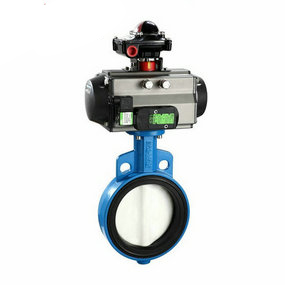What are the pvc specification accessories of electric ball valve? The thermal electric ball valve coating can be used in various harsh environments and different media, which not only increases the quality of the electric ball valve but also greatly extends the service life of the transmission joint, making the coating technology of thermal electric ball valve widely applied. What factors should be paid attention to when coating thermal electric ball valve with anti-corrosion coating? When coating thermal electric ball valve with anti-corrosion coating, attention should be paid to the environmental factors such as temperature and humidity at the coating site, which directly affect the coating effect. When the thermal electric ball valve is coated with anti-corrosion coating indoors, the temperature should be controlled at 20-25 ℃, and the relative humidity varies with the material of the thermal electric ball valve, generally about 65%. During outdoor construction, there shall be no sand and light rain; The temperature should not be lower than 5 ℃, and the relative humidity should not be greater than 85%. The drying and curing temperatures of various anti-corrosion coatings used for thermal electric ball valves vary greatly. Generally, the epoxy resin coating is cured very slowly below 10 ℃, so it is not suitable for winter construction. Frosting, dewfall, rain, sand and dust on the coating of thermal electric ball valve that is not fully cured are very harmful and should be avoided as far as possible.
The coating interval of each coating on the thermal electric ball valve often directly affects the coating effect. Sometimes, the primer on the thermal electric ball valve is too hard and the finish is difficult to grasp, which affects the adhesion between layers. If the thermal electric ball valve needs to spray two coats of finish paint, the wet to wet process can better solve the problem of adhesion between layers of thermal expansion device.


